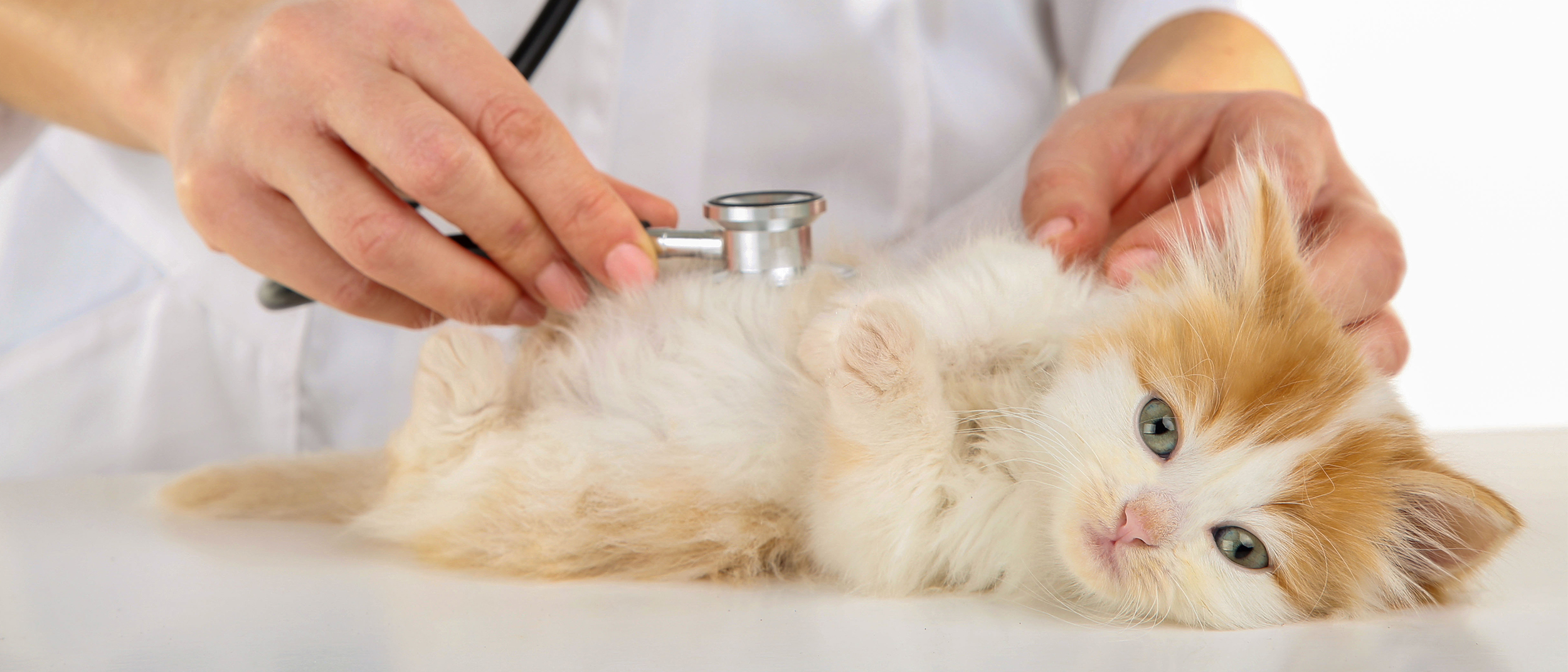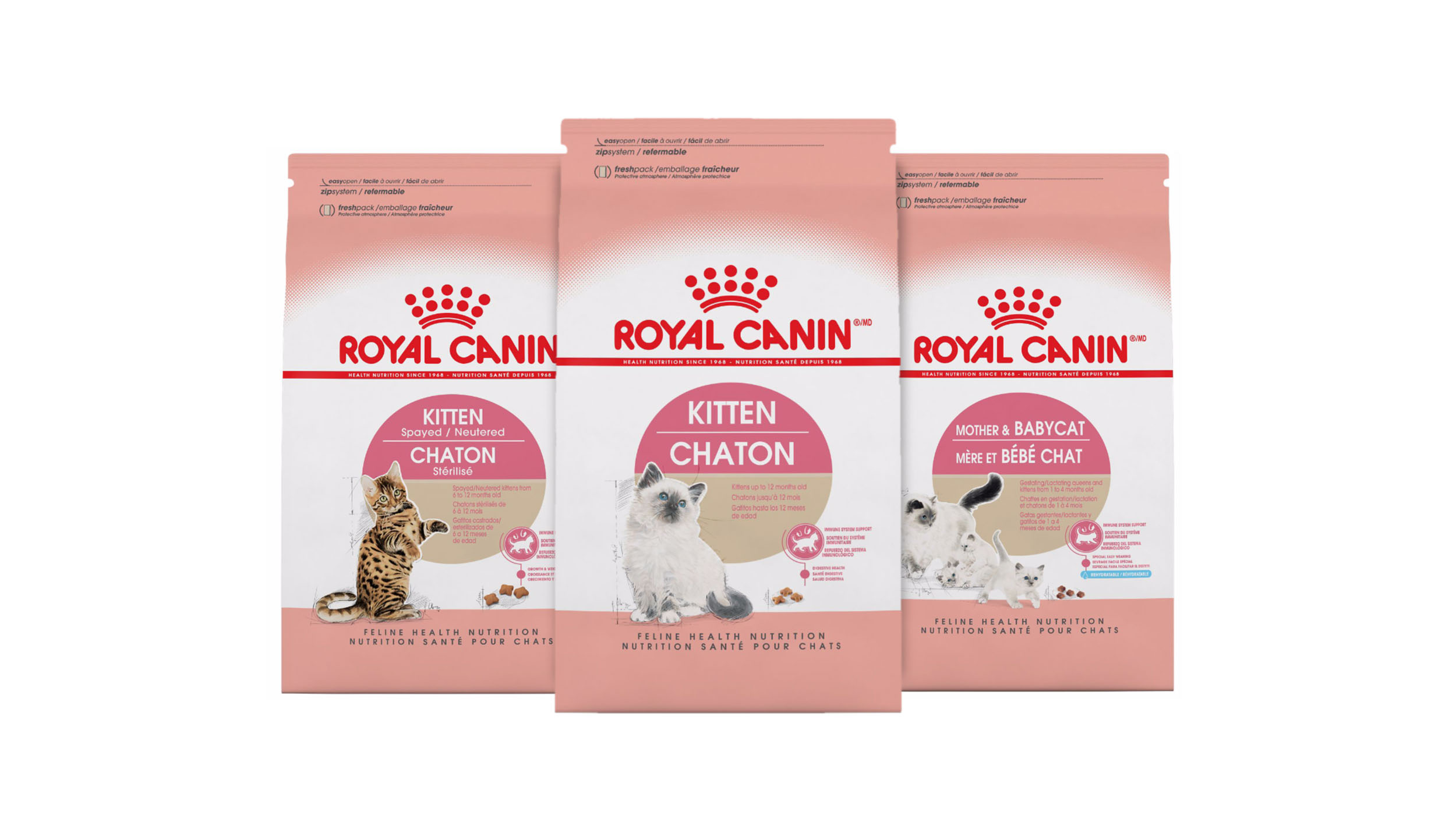Мачећа вирусна имунодефицијенција

Шта је мачја вирусна имунодефицијенција?
Мачја вирусна имунодефицијенција (FIV) је мачји еквивалент HIV-а. Важно је напоменути да људи не могу бити заражени FIV-ом, док приближно 1-5% мачака носи вирус.
Након што се мачка зарази FIV-ом, болест остаје веома упорна до краја њеног живота.
Како се FIV шири у заједници мачака?
FIV се шири борбама и угризима, па се чешће примећује код млађих, нестерилисаних мачака са приступом отвореном, посебно када успостављају територију.
Такође се може ширити трансфузијом крви ако крв није претходно прегледана.
Шта се дешава ако се мачке заразе мачјом вирусном имунодефицијенцијом?
FIV напредује врло споро током неколико година, уништавајући бела крвна зрнца мачке – то значи да губе способност да се боре против болести. Ово смањење имуног система доводи до подложности секундарној инфекцији, док ће им требати више времена да преболе свакодневне болести.
Који су симптоми FIV-а?
Мачка која пати од FIV-а ће показати ће неколико различитих симптома. Као власник, требало би да обратите посебну пажњу на следеће:
- Губитак тежине
- Грознице
- Инфекције
- Дијареја
- Летаргија
Оболеле мачке могу развити и неуролошку болест и неке карциноме.
Да ли постоје тестови помоћу којих ћу сазнати да ли моја мачка има FIV?
Ветеринар ће путем анализе крви моћи да утврди да ли су ваша мачка или маче заражени FIV-ом.
Ако моја мачка има FIV, да ли треба да размислим о еутаназији?
FIV није разлог за еутаназију, али треба поштовати разумне здравствене мере предострожности и мачкама не треба дозволити да слободно лутају јер ризикују да заразе друге мачке.
Могу ли да вакцинишем мачку или маче против FIV-а?
Сада постоји вакцина за мачећи вирус имунодефицијенције и појавила се 2002. године.
Када је реч о вакцинисању вашег мачета, мораћете да разумете различите категорије вакцина.
Конкретно, постоје две категорије, „основно“ и „препоручено“. Ветеринари морају да дају све основне вакцине свим мачићима и мачкама, без обзира на њихов начин живота.
Основне вакцине укључују:
- Мачји грип – и мачји вирус херпеса (FHV) и мачји калицивирус (FCV)
- Мачји парвовирус (FPV)
- Вирус мачје леукемије (FeLV)
FIV вакцина не спада у основну категорију, што значи да није обавезно да је мачке или мачићи добију. Ветеринари ће у зависности од начина живота мачке или мачета обезбедити вакцине које спадају у препоручену категорију.
Ако сте забринути и желите да разумете које су праве вакцине за ваше ново маче, обратите се ветеринару. Он ће вам дати предлоге на основу неколико различитих фактора, укључујући то да ли ће мачка излазити напоље и да ли ће бити у контакту са другим мачкама.
Колико ће инјекција моја мачка или маче добити?
Наравно, FIV вакцина се даје три пута, са размаком од 2 – 4 недеље.
Када ће моја мачка бити заштићена од FIV-а?
Маче ће бити заштићено тек након треће инјекције, што значи да би до тада требало да га држите у затвореном.
Да ли FIV вакцина захтева ревакцину?
Вашем мачету ће бити потребни редовне ревакцине годину дана након друге инјекције, а након тога једном годишње. Ветеринар ће вас саветовати о распореду вакцинације, као и подсећати вас на време за ревакцинацију.
Не заборавите, ако нисте сигурни по питању било чега у вези са вакцинацијама за ваше ново маче или мачку, увек разговарајте са ветеринаром.
Related Articles

Пронађите ветеринара
Ако имате било каквих недоумица у вези са здрављем своје мачке, потражите стручни савет ветеринара.

Прилагођена исхрана за ваше маче
Нутритивне формуле које помажу у изградњи природне одбране мачета, које подржавају здрав раст и помажу у развоју система за варење.
Лајкуј и подели страницу